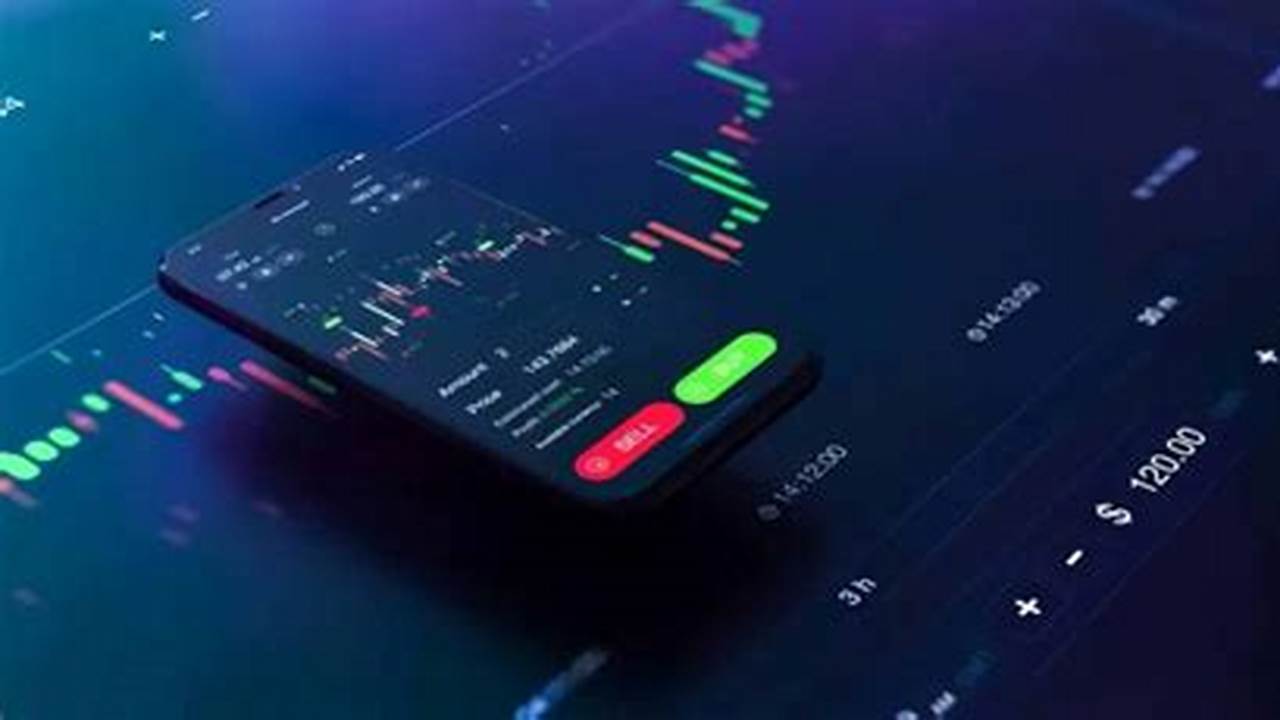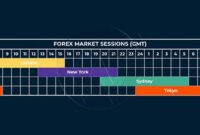Navigating the world of currency exchange can be daunting for newcomers. A foundational understanding of the market, paired with a practical approach to learning, is essential for success. This is where introductory resources for individual currency trading become invaluable. They offer aspiring traders the tools and knowledge needed to begin their journey in this dynamic market.
Understanding Currency Pairs
Grasping the concept of currency pairs is fundamental. Each trade involves buying one currency and selling another, forming a pair. Major pairs, like EUR/USD and USD/JPY, are most commonly traded due to their high liquidity.
Leverage and Margin
Leverage allows traders to control larger sums of money with a smaller initial investment (margin). While it amplifies potential profits, it also magnifies potential losses.
Technical and Fundamental Analysis
Technical analysis uses charts and indicators to predict future price movements based on past market behavior. Fundamental analysis focuses on economic, political, and social factors that can influence currency values.
Risk Management
Implementing a robust risk management strategy is crucial. This involves setting stop-loss orders to limit potential losses and diversifying investments to spread risk.
Choosing a Broker
Selecting a reputable and regulated broker is paramount. Factors to consider include trading fees, platform features, customer support, and available educational resources.
Demo Accounts
Practicing with a demo account allows individuals to familiarize themselves with the trading platform and test strategies without risking real capital.
Developing a Trading Plan
A well-defined trading plan outlines entry and exit points, risk tolerance, and overall trading goals. It provides structure and discipline to the trading process.
Continuous Learning
The currency market is constantly evolving. Staying informed about market trends, news, and economic events is vital for long-term success.
Tips for Beginners
Start Small: Begin with smaller trade sizes to minimize potential losses during the learning phase.
Be Patient: Success in trading requires patience and discipline. Avoid impulsive decisions based on short-term market fluctuations.
Manage Emotions: Fear and greed can lead to poor trading decisions. Maintaining a rational and objective approach is crucial.
Keep Learning: Continuous education is essential for staying ahead of the curve in this dynamic market. Utilize available resources and stay updated on market trends.
Frequently Asked Questions
What is the forex market?
The foreign exchange (forex or FX) market is a global decentralized market for the trading of currencies.
How can I start trading?
One can begin by opening a trading account with a reputable broker and educating themselves on market dynamics and trading strategies.
Is forex trading risky?
Yes, forex trading involves significant risk due to market volatility and leverage. Proper risk management is essential.
What are the best times to trade forex?
Liquidity and volatility vary throughout the day depending on the active trading sessions. Understanding these sessions can help optimize trading opportunities.
How much money do I need to start?
The required starting capital varies depending on the broker and trading strategy. However, it’s advisable to start with an amount one can afford to lose.
Entering the realm of currency trading requires dedication, discipline, and a commitment to continuous learning. By utilizing introductory guides and educational resources, aspiring traders can equip themselves with the knowledge and skills necessary to navigate this complex yet potentially rewarding market.



